As much as we want to spoil our dogs with treats and extra nibbles, it’s essential to remember that not everything we eat is safe for our furry friends. Many human foods can pose serious risks to dogs, leading to health problems and even life-threatening situations. Here are ten foods you should avoid feeding your dog at all costs.
1. Chocolate
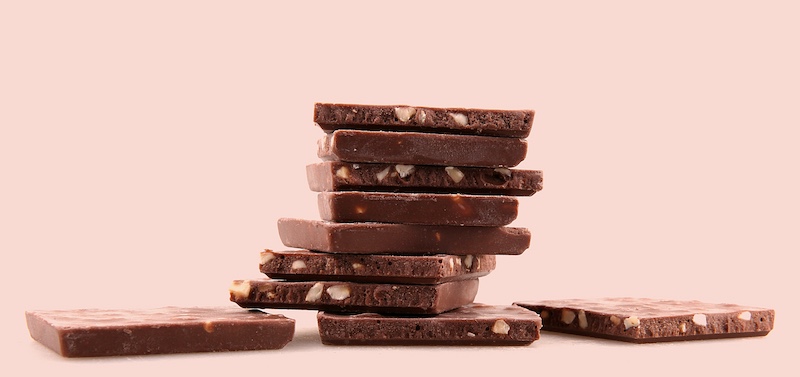
Chocolate is one of the most common toxic foods for dogs. It contains theobromine, a stimulant that dogs cannot metabolize well. The darker the chocolate, the higher the toxicity level. Even a small amount can cause symptoms like vomiting, diarrhea, seizures, and in severe cases, death. Keep all chocolate out of reach of your dog, especially during holidays when chocolate treats are more common.
2. Grapes and Raisins
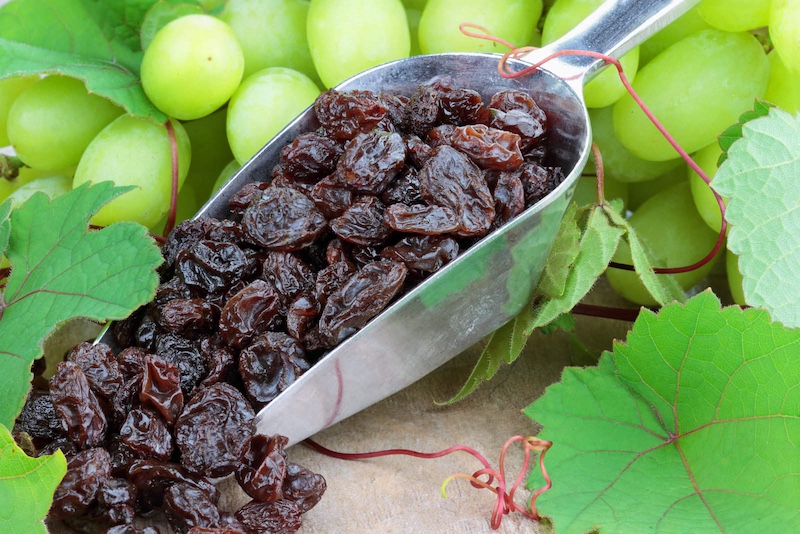
Grapes and raisins might seem harmless, but they are extremely toxic to dogs. Even a small amount can lead to sudden kidney failure. Symptoms of grape or raisin toxicity include vomiting, lethargy, and loss of appetite, and they can appear within hours. If you suspect your dog has ingested grapes or raisins, it’s crucial to contact your vet immediately.
3. Onions and Garlic
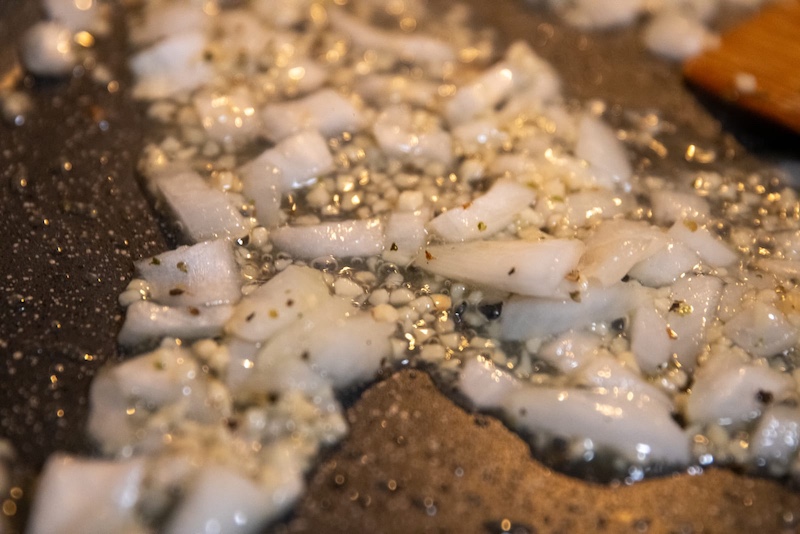
Onions, garlic, and other members of the allium family can damage your dog’s red blood cells, leading to anemia. Both raw and cooked forms are dangerous, and symptoms can take a few days to appear. Signs of toxicity include weakness, vomiting, and an increased heart rate. Avoid giving your dog any foods that contain onion or garlic, even in powdered form.
4. Avocado
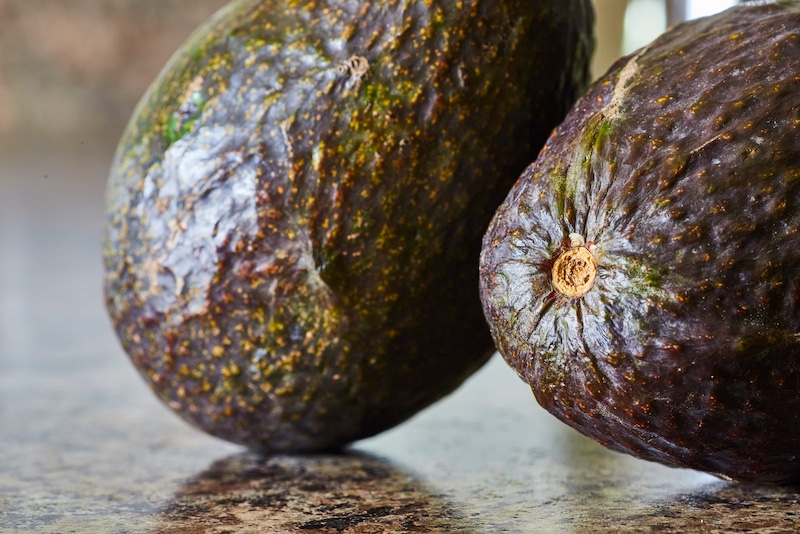
Avocados contain persin, a compound toxic to dogs, especially in large amounts. While the flesh has lower levels, the pit, skin, and leaves contain higher concentrations. Consuming avocados can cause vomiting, diarrhea, and in severe cases, pancreatitis. The pit also poses a choking hazard, so it’s best to keep avocados away from your dog altogether.
5. Xylitol
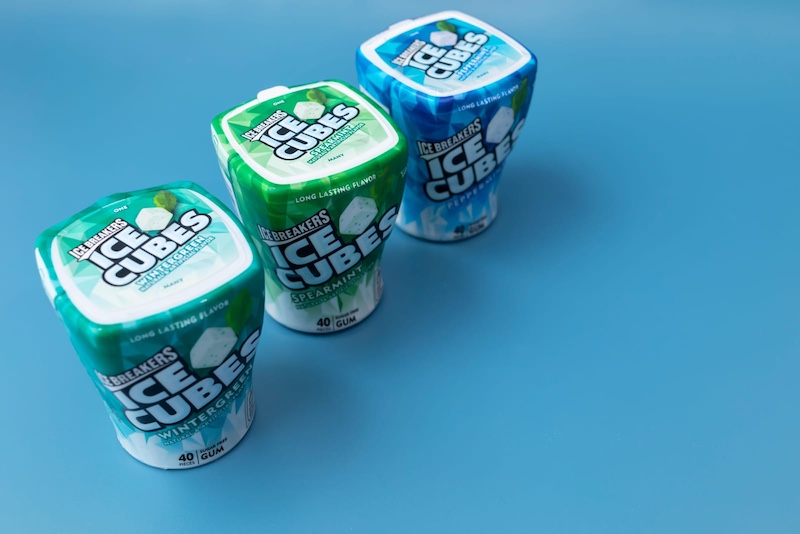
Xylitol, a common sugar substitute found in sugar-free gum, candy, baked goods, and even some peanut butters, is incredibly dangerous to dogs. It can cause a rapid drop in blood sugar, leading to symptoms like weakness, vomiting, seizures, and even liver failure. Always check ingredient labels, especially on sugar-free products, to ensure they don’t contain xylitol.
6. Alcohol

Alcohol, even in small amounts, can be dangerous to dogs. Unlike humans, dogs metabolize alcohol much more quickly, making them susceptible to alcohol poisoning. Symptoms include vomiting, diarrhea, loss of coordination, difficulty breathing, and, in severe cases, coma or death. Be mindful of any alcoholic beverages or foods cooked with alcohol around your dog.
7. Macadamia Nuts
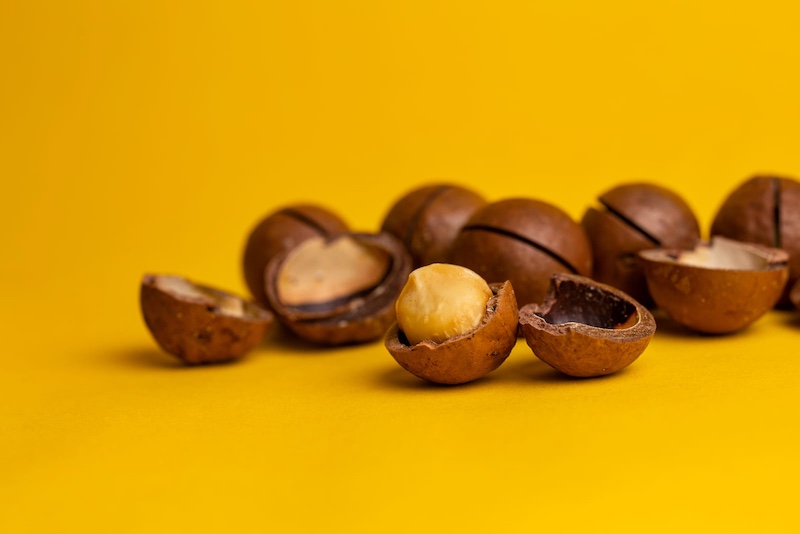
Macadamia nuts are highly toxic to dogs, though the exact cause of toxicity is still unknown. Even a small amount can cause symptoms like weakness, vomiting, tremors, and hyperthermia. Symptoms typically appear within 12 hours of ingestion and can last up to two days. Other nuts can be problematic too, so it’s best to avoid giving nuts to dogs altogether.
8. Raw Dough with Yeast

Unbaked dough containing yeast can expand in your dog’s stomach, causing bloating, pain, and potentially dangerous conditions like gastric torsion. Yeast dough can also produce alcohol as it ferments, leading to alcohol poisoning. If your dog ingests raw dough, contact your vet immediately, as the expansion in their stomach can lead to an emergency.
9. Coffee and Caffeine
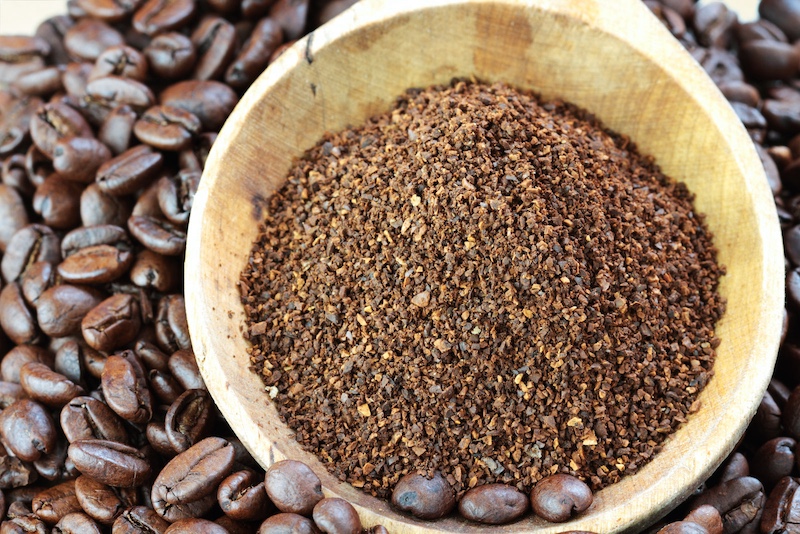
Caffeine, found in coffee, tea, soda, and energy drinks, is a stimulant that dogs are highly sensitive to. Ingesting caffeine can lead to symptoms like restlessness, rapid breathing, heart palpitations, muscle tremors, and seizures. Be cautious about where you leave caffeinated drinks and avoid letting your dog have access to coffee grounds or tea bags.
10. Bones from Table Scraps

Cooked bones, especially those from poultry, are dangerous for dogs. They can splinter easily, leading to choking or causing internal damage to your dog’s digestive tract. Raw bones can be safer, but it’s still wise to consult your vet before giving your dog any bones. Instead, consider offering dog-safe chew toys or treats made specifically for dental health. Please Note: This content was created with the assistance of AI and thoroughly edited by a human before publishing.

